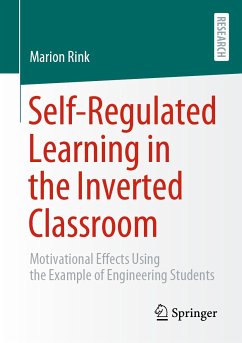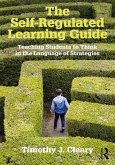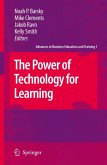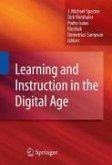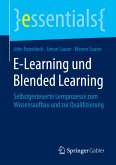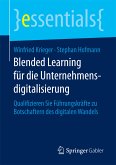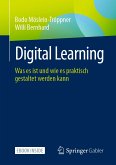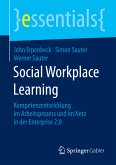The Inverted Classroom is a blended learning scenario that consists of two phases: In the Online Phase the learners acquire learning content using interactive learning materials, primarily videos, provided by the teacher online. In a second stage, there is an Attendance Phase at the higher education institution with the purpose of learners processing, practising and deepening their understanding of what they have already learnt in a class with other stakeholders.
Based on the Self-Determination Theory of Richard M. Ryan and Edward L. Deci, this qualitative study examines how learning in the Inverted Classroom affects the basic psychological needs of autonomy, competence and relatedness of higher education engineering students. A central aspect is the promotion of the students' intrinsic learning motivation through support measures and appropriate didactical design.
About the author
Dr. Marion Rink works as a project manager for a digital agency. She also leads workshops about her research into e-learning and is a freelance writer.
Dieser Download kann aus rechtlichen Gründen nur mit Rechnungsadresse in A, B, BG, CY, CZ, D, DK, EW, E, FIN, F, GR, HR, H, IRL, I, LT, L, LR, M, NL, PL, P, R, S, SLO, SK ausgeliefert werden.

